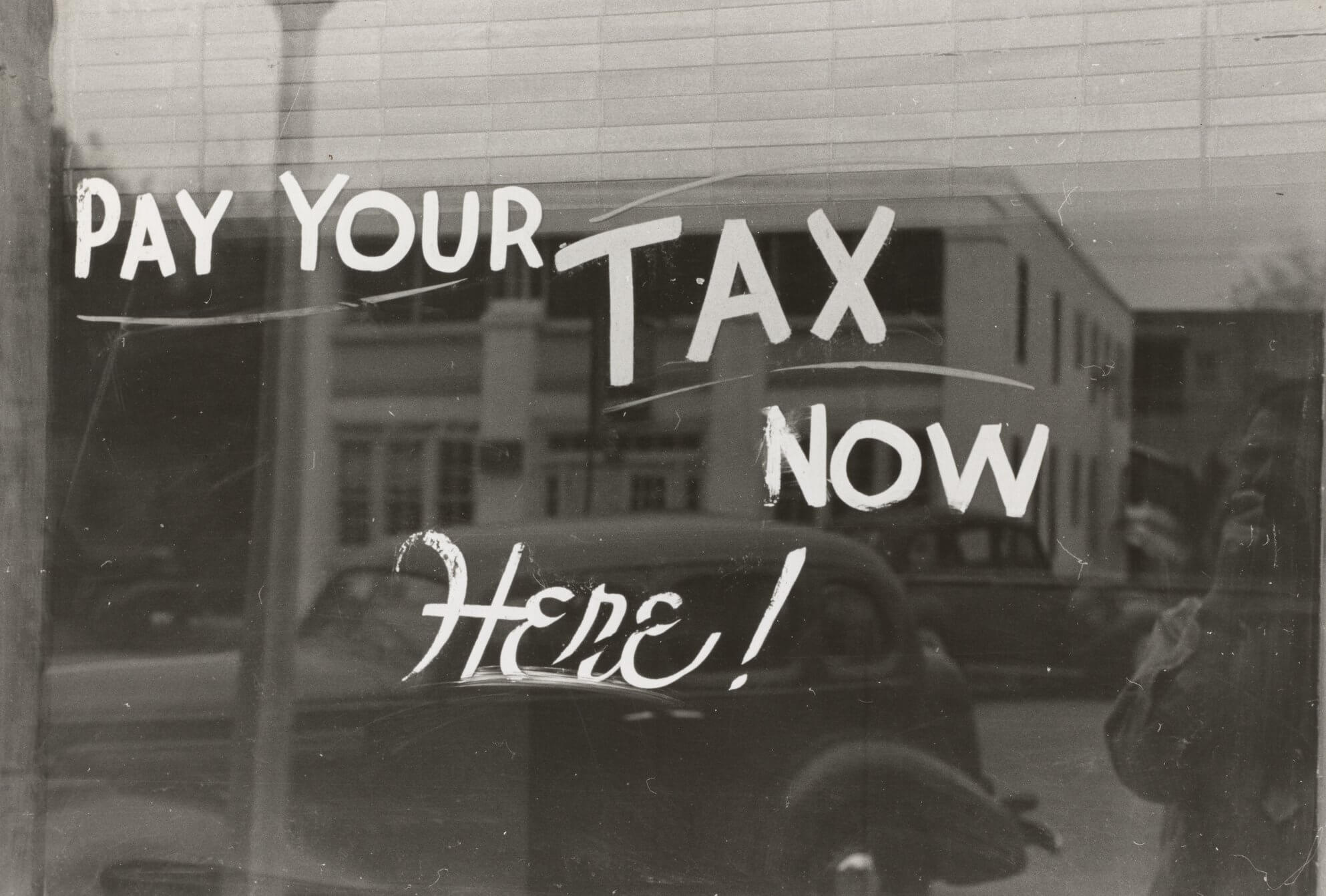
The use of the contingent workforce is growing. The Freelancers Union anticipates that over half of American’s will be working as a contingent worker or freelancer by 2027, just a few short years from now. 88% of businesses believe that it is vitally important to redesign their work model and that by 2030, there will be a talent shortage equaling 85 million people.

The reality is the future of work is slowly marching forward as businesses of all sizes look to tap into this vital resource. And as demand grows, so does the available market for contingent workers, like you, to tap into. But before you make the leap, there are some things you should get into order before your start. 1. Develop an effective expense management system. Freelancers leave millions on the table that they could be getting back just because of inaccurate expense tracking. Be sure to consult with a CPA or tax professional and develop a list of work-related expenses that can be written off in your self-employment tasks and keep good records of the spend. 2. Source a reputable tax professional. The tax world for self-employed and contingent workers is very different than the W2 world. Tap into the knowledge and expertise of a reputable tax professional in your area. 3. Know your responsibilities. FICA, Medicare? What areas are you required to pay into? These are things your tax professional can help you determine so you can make accurate estimates and save up for your income tax. 4. Set funds aside for tax payments. Payments can be made quarterly or annually. With the help of your tax professional, you can build a good estimate of what you will owe so you know how much to set aside monthly.
IRS Works to Simplify Contingent Workforce Tax Obligations

As the popularity of the gig economy continues to grow at a substantial rate, the IRS has launched a gig economy tax center to help freelancers know how to plan for their tax obligations. IRS Commissioner Chuck Rettig is quoted in the issue number IR-2020-04 as saying, “The IRS developed this online center to help taxpayers in this emerging segment of the economy. Whether renting out a spare bedroom or providing car rides, we want people to understand the rules so they can stay compliant with their taxes and avoid surprises down the line.”
The tax center’s goal is to streamline the various resources a freelancer may need to forecast their tax obligations in one central location effectively and offers information on:
filing requirements
making quarterly estimated income tax payments
paying self-employment taxes
paying FICA, Medicare and Additional Medicare
deductible business expenses
special rules for reporting vacation home rentals
Gig workers are encouraged to visit the Gig Economy Tax Center on IRS.gov and get started on their forecast today.
Learn more about the gig economy and your taxes in this free download, “Gig Economy and Your Taxes: Things to Know.”



